Pay-per-click campaigns, or PPC campaigns, can be powerful tools for driving traffic and boosting online visibility. However, if not managed properly, these campaigns often lead to wasted spending that eats into your budget. The key to success is understanding how to optimize your strategies, analyze performance, and make the most of your ad spend.
In this guide, we will walk through actionable steps to help reduce waste in PPC campaigns while ensuring your investment delivers tangible results.
Why Wasted Spend Happens in PPC Campaigns
Wasted spend in PPC campaigns typically occurs when your ads are not targeting the right audience, keywords, or platforms. This can stem from several factors:
- Broad Targeting: Casting too wide of a net can result in irrelevant clicks.
- Poor Keyword Selection: Irrelevant keywords can attract users with no interest in your offerings.
- Neglecting Ad Performance Metrics: Failing to monitor key metrics can lead to unchecked spending on underperforming ads.
Understanding these pitfalls is the first step toward eliminating inefficiencies and improving your return on investment.
Setting Clear Goals for PPC Campaigns
Every successful PPC campaign begins with a clearly defined goal. Whether it is generating leads, driving sales, or building brand awareness, your objectives should be measurable and realistic.
Steps to Define Goals
- Identify your target audience and their needs.
- Determine how much you are willing to spend per lead or conversion.
- Use benchmarks from previous campaigns to set realistic expectations.
By outlining precise goals, you can align your strategies and reduce the risk of overspending on ineffective campaigns.
The Importance of Keyword Research in PPC Campaigns
Keyword research is the foundation of any successful PPC campaign. Without the right keywords, your ads may appear for irrelevant searches, leading to wasted clicks.
How to Perform Keyword Research
- Use Keyword Tools: Tools like Google Keyword Planner can help identify high-performing keywords related to your niche.
- Focus on Long-Tail Keywords: These are specific phrases that attract highly targeted traffic.
- Avoid Negative Keywords: Identify and exclude keywords that may attract the wrong audience.
Regularly updating your keyword list ensures that your ads reach the audience most likely to engage with your content.
Writing Compelling Ad Copy
Effective ad copy plays a crucial role in engaging the right audience and minimizing wasted clicks. The goal is to create ads that speak directly to your target audience while discouraging irrelevant clicks.
Best Practices for Ad Copy
- Include your focus keyphrase naturally in the headline and description.
- Address the audience’s pain points or needs.
- Use clear calls-to-action (e.g., “Learn More” or “Shop Now”).
A well-crafted ad can make all the difference in ensuring your clicks translate into valuable outcomes.
Targeting the Right Audience for PPC Campaigns
Precise audience targeting is essential for minimizing wasted spend. Many platforms, like Google Ads, offer advanced targeting features that allow you to reach the most relevant users.
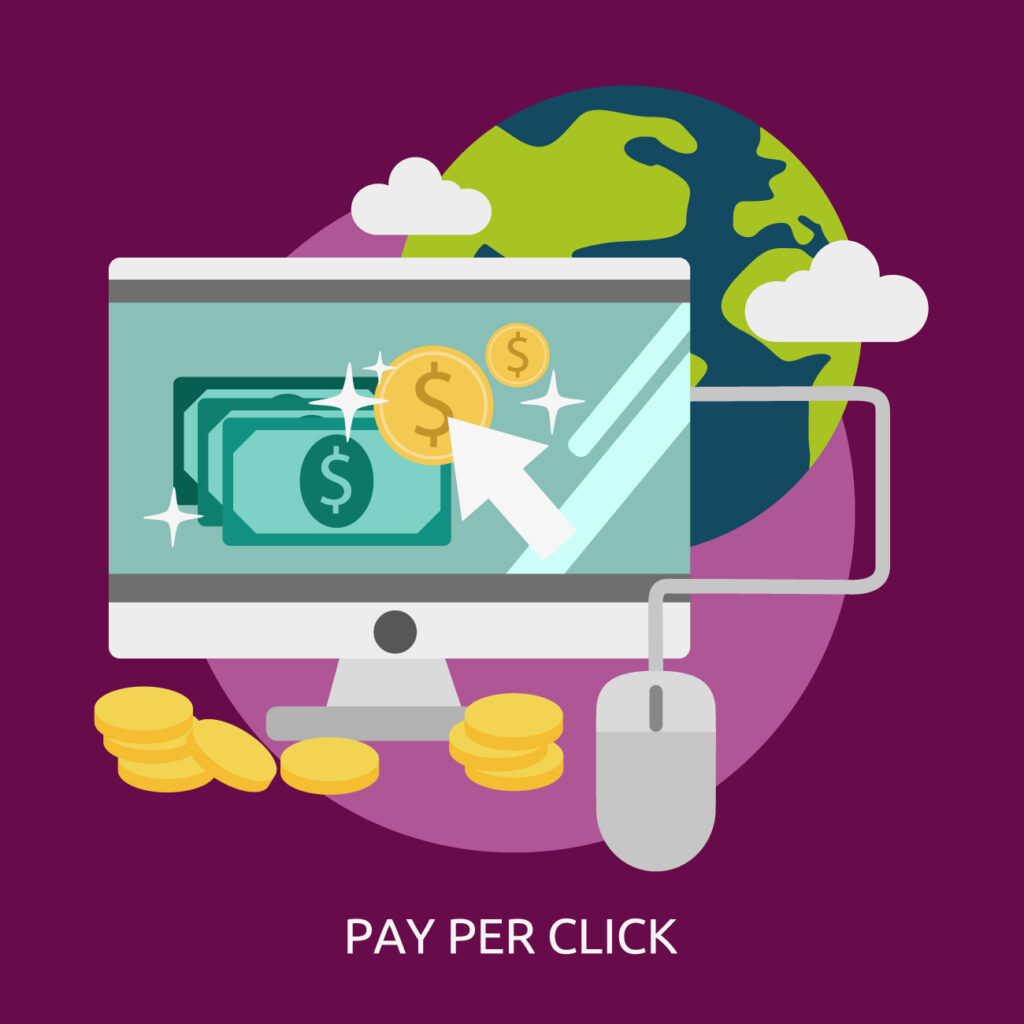
Tips for Accurate Targeting
- Geographic Targeting: Focus on locations where your audience is most active.
- Demographic Filters: Narrow down your audience based on age, gender, and interests.
- Custom Audiences: Use data from previous campaigns to refine your targeting.
Proper targeting ensures that your ads appear to users most likely to engage with your business.
Monitoring and Analyzing PPC Campaign Performance
Frequent monitoring of your PPC campaign performance is critical for identifying inefficiencies and making improvements.
Key Metrics to Watch
- Click-Through Rate (CTR): A high CTR indicates that your ads are engaging the right audience.
- Cost-Per-Click (CPC): Monitoring CPC helps control how much you are spending per click.
- Conversion Rate: This metric shows how many clicks lead to desired actions.
By keeping an eye on these metrics, you can spot areas for improvement and adjust your strategy accordingly.
Using Ad Extensions to Maximize Results: PPC Campaigns
Ad extensions provide additional information about your business and encourage more meaningful interactions.
Common Types of Ad Extensions
- Call Extensions: Add a clickable phone number.
- Sitelink Extensions: Direct users to specific pages on your website.
- Location Extensions: Highlight your business’s physical location.
Ad extensions can enhance the relevance of your ads and improve their performance, ultimately reducing wasted clicks.
Adjusting Bids for Better Efficiency: PPC Campaigns
Effective bid management can make a significant difference in reducing wasted spend in PPC campaigns. Overbidding on low-performing keywords or underbidding on high-performing ones can hurt your results.
Steps to Refine Bids
- Set Maximum CPC Limits: Determine the maximum you are willing to pay for a click.
- Use Bid Adjustments: Adjust bids based on factors like device, location, or time of day.
- Monitor Bidding Competitors: Ensure your bids remain competitive without overspending.
Strategic bidding ensures that your ads receive visibility without breaking your budget.
The Role of Landing Pages in PPC Success: PPC Campaigns
Even with great ads, a poorly designed landing page can lead to wasted spend. Your landing page must align with the intent of your ad and offer a seamless user experience.
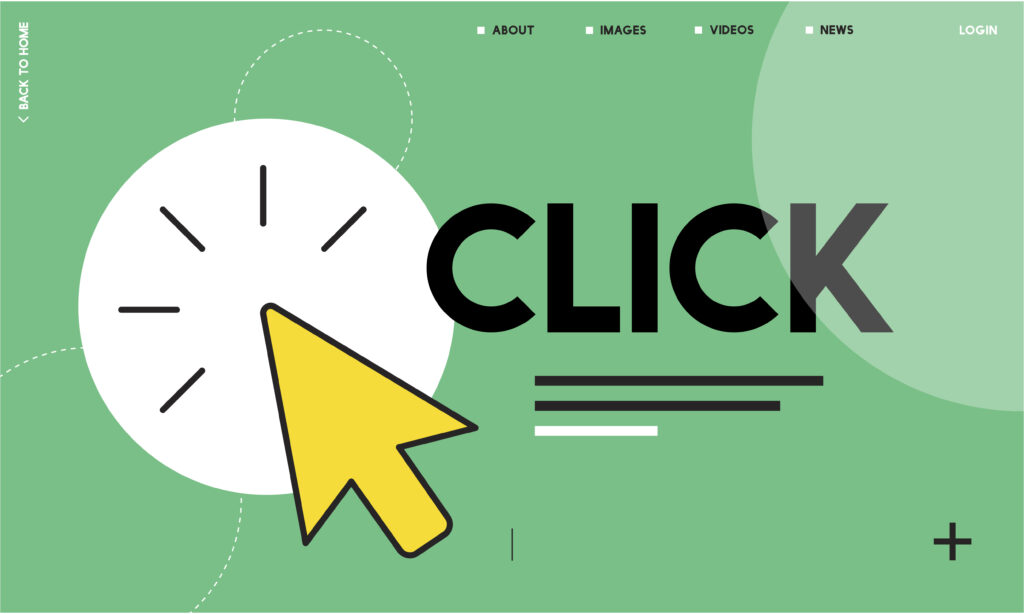
Optimizing Landing Pages
- Match the content with your ad copy.
- Use a clean and simple design that encourages conversions.
- Include clear calls-to-action and trust signals (e.g., reviews, badges).
A strong landing page boosts the likelihood of converting clicks into meaningful actions.
Negative Keywords: Your Secret Weapon
Negative keywords are an often-overlooked strategy for cutting wasted spend in PPC campaigns. These are keywords for which you do not want your ads to appear.
How to Use Negative Keywords
- Identify irrelevant search terms using your campaign data.
- Regularly update your negative keyword list.
- Exclude terms that do not align with your business goals.
By filtering out irrelevant traffic, you can focus your budget on reaching the right audience.
Scheduling Your Ads for Maximum Impact: PPC Campaigns
Running ads at the wrong time can lead to wasted impressions and clicks. Most platforms offer scheduling tools to ensure your ads appear when your audience is most active.
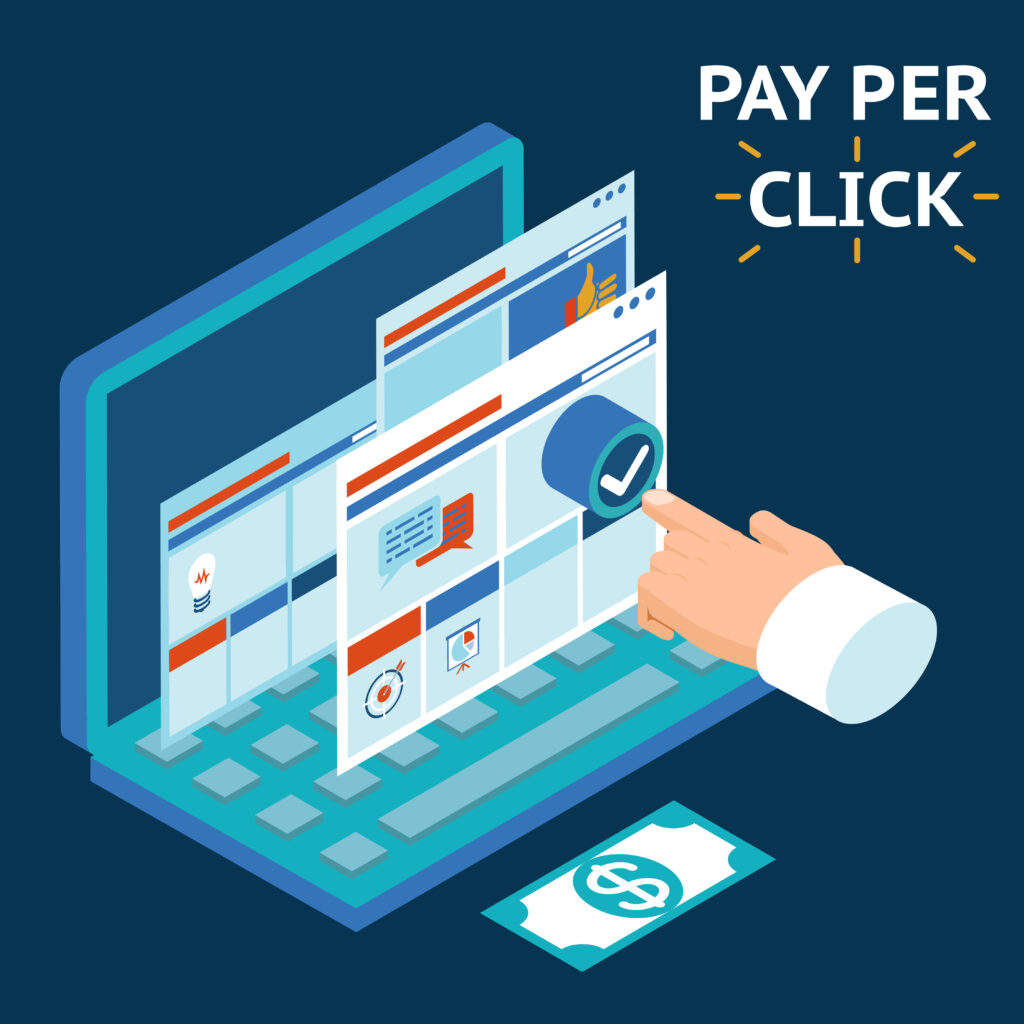
How to Schedule Ads
- Analyze data to find peak engagement times.
- Use day-parting to allocate your budget wisely.
- Experiment with different time frames to identify patterns.
Strategic ad scheduling can help stretch your budget further and maximize campaign performance.
Retargeting Campaigns: Reaching Interested Users
Retargeting is an effective way to reduce wasted spend by focusing on users who have already interacted with your website or ads.
Benefits of Retargeting: PPC Campaigns
- Keeps your business in front of interested users.
- Increases the chances of conversions by reminding users of their initial interest.
- Offers personalized messaging to encourage action.
Retargeting campaigns can significantly improve your PPC results without adding unnecessary costs.
Regularly Testing and Tweaking Campaigns
The best PPC campaigns are those that evolve over time. Regular testing allows you to identify what works and what does not.
Testing Ideas
- Experiment with different headlines and descriptions.
- Test new keywords and exclude underperforming ones.
- Adjust targeting settings to refine audience reach.
Continuous testing ensures your campaigns remain effective and adaptable to changing trends.
Conclusion: PPC Campaigns
Reducing wasted spend in PPC campaigns requires a combination of smart planning, precise targeting, and ongoing analysis. By focusing on these strategies, you can make the most of your budget and achieve better results. Remember, the key is to keep refining your approach, learning from data, and staying focused on your goals.




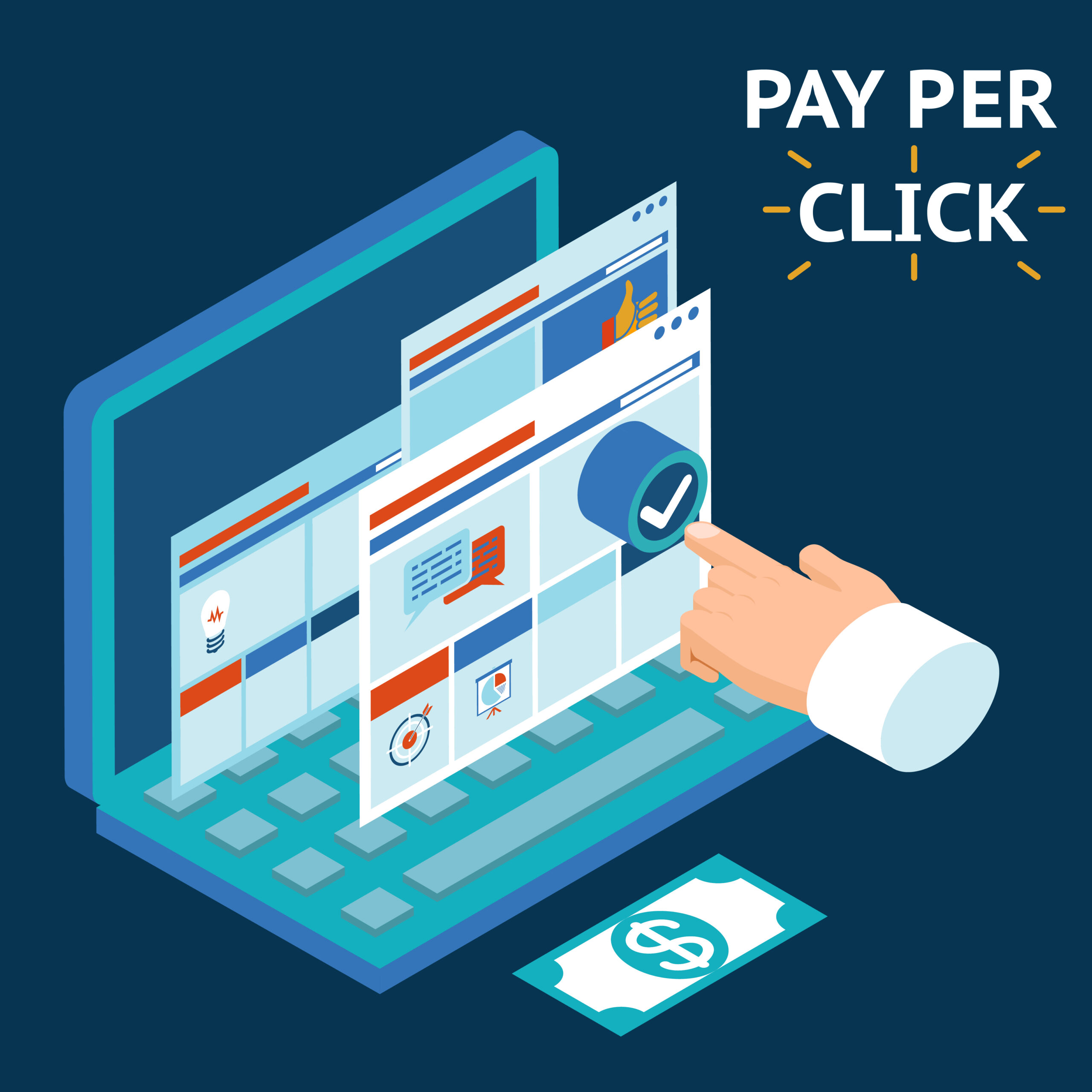

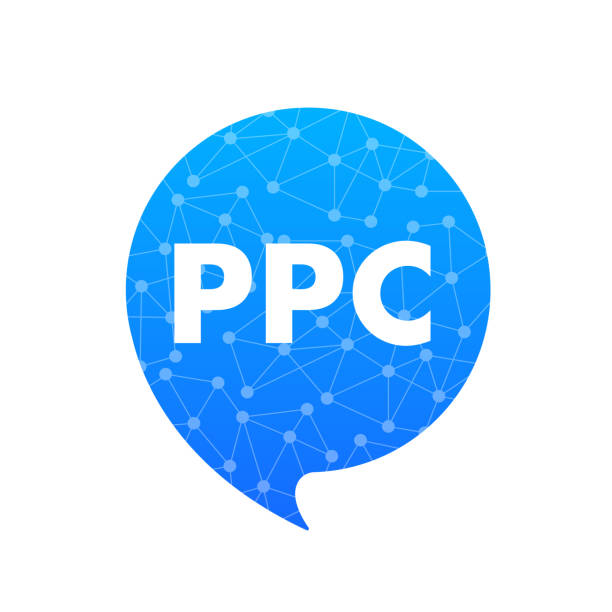
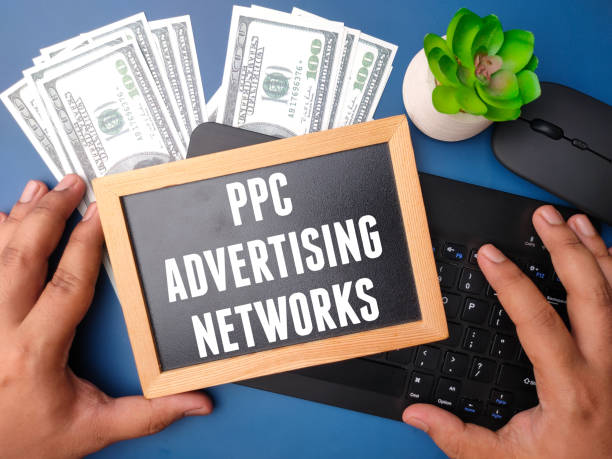

[…] Why are landing pages so crucial in PPC campaigns? […]